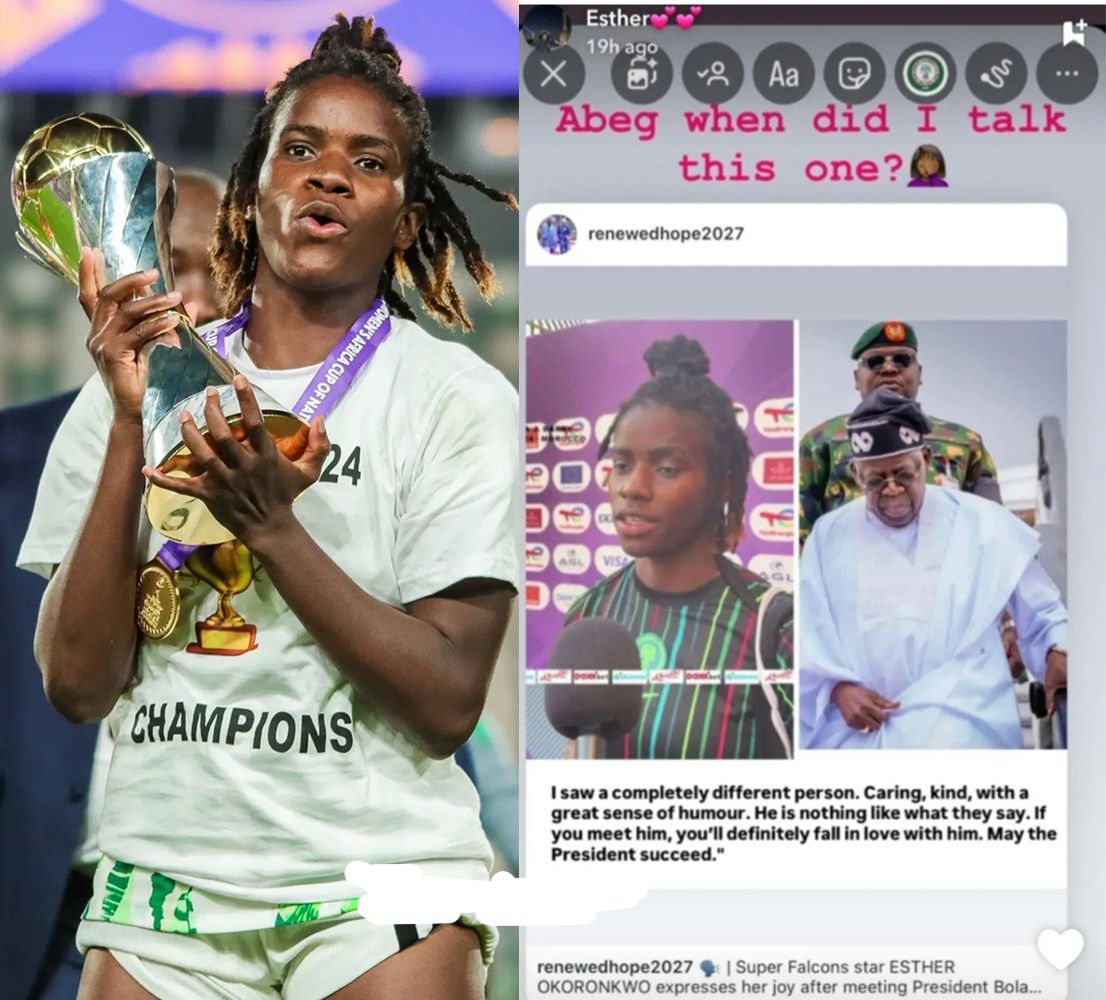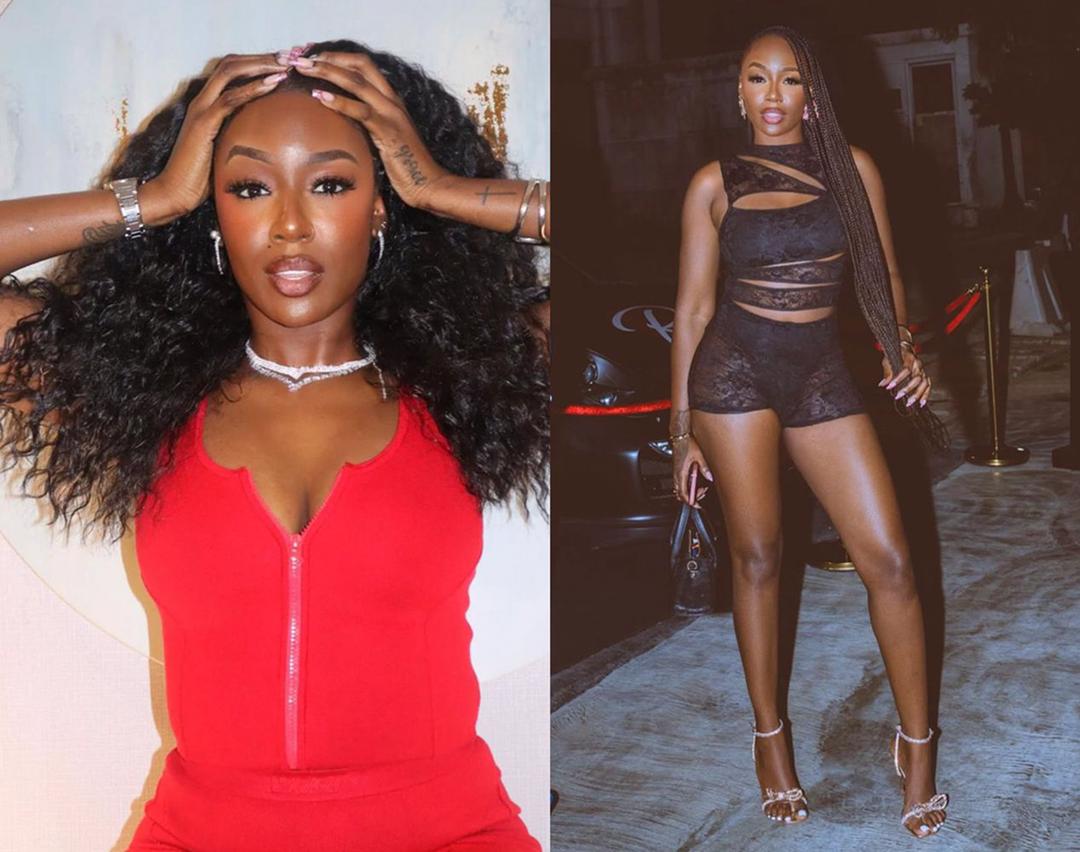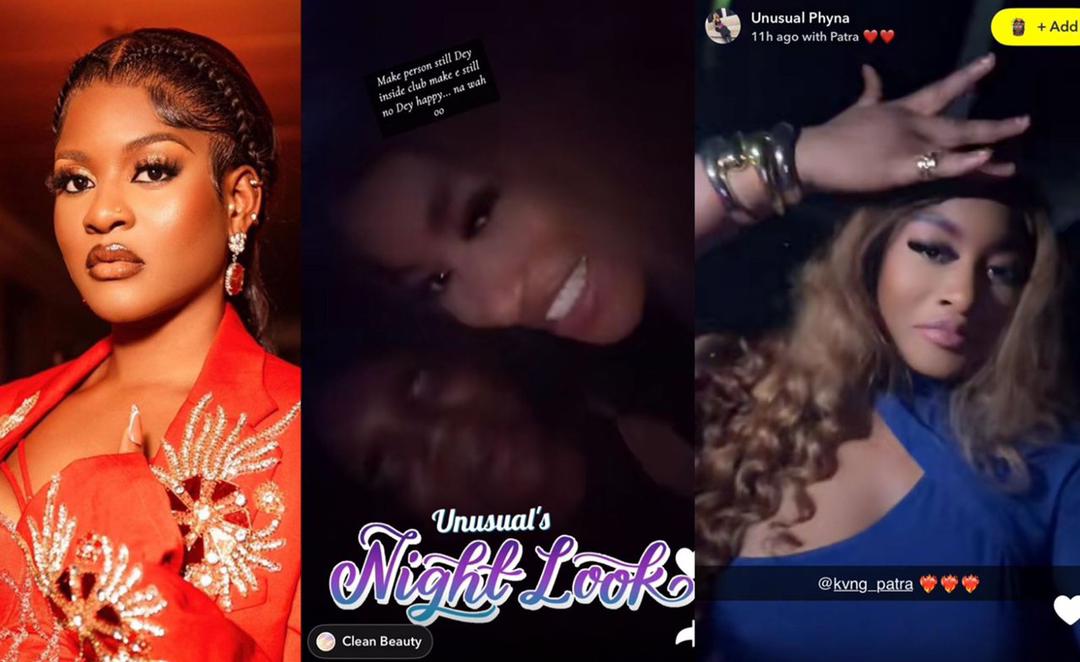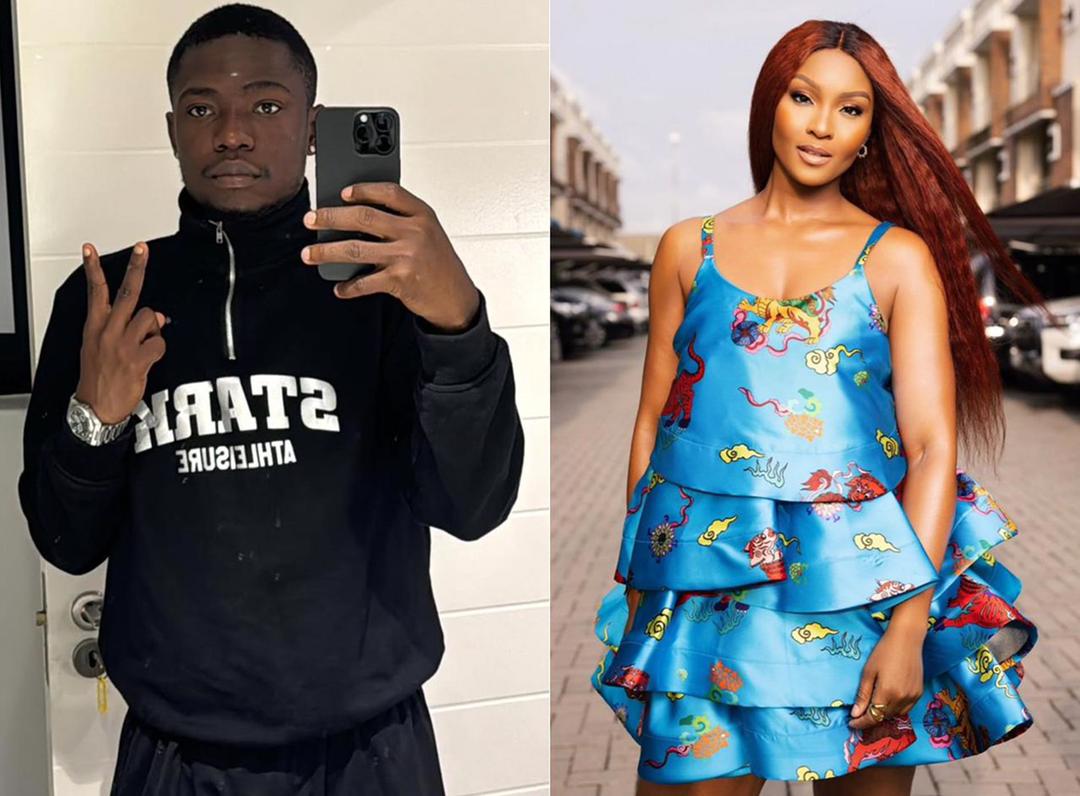
“When Did I Talk This One?” – Esther Okoronkwo Reacts as Viral Quote Sparks Confusion Online

Nigerian football star Esther Okoronkwo is trending—but not for her prowess on the pitch this time. The Super Falcons striker found herself at the center of a social media storm after a viral post credited her with a glowing endorsement of Nigeria’s President Bola Ahmed Tinubu. But in a swift and unexpected twist, Okoronkwo has come out to deny ever making the now-viral statement, leaving fans and netizens reeling with questions about misinformation, political propaganda, and the potential misuse of celebrity voices in the age of viral content.
It all started when a post began making the rounds online featuring an image of Okoronkwo alongside a quote that read, “I saw a completely different person. Caring, kind, with a great sense of humour. He is nothing like what they say. If you meet him, you’ll definitely fall in love with him. May the President succeed.” The quote was allegedly referring to President Tinubu and was shared widely by a pro-government account under the username renewedhope2027. It didn’t take long before the quote was shared across X (formerly Twitter), Instagram, Facebook, and WhatsApp groups, creating a viral ripple that soon reached the athlete herself.
But it was Okoronkwo’s own response that has now set the internet ablaze. In a post made on her verified X account just hours after the quote began circulating, the Super Falcons forward responded with visible bewilderment, writing: “Abeg, when did I talk this one?” Her reaction, terse and straightforward, sent fans into fits of laughter and disbelief. Many praised her for calling out the misinformation quickly, while others used the opportunity to criticize those who use public figures’ images and voices to push political agendas without consent.
Within minutes of her denial, “Esther Okoronkwo” began trending across social platforms in Nigeria. Memes, reactions, and heated debates followed. Some users mocked the creators of the post, suggesting that they had been caught red-handed trying to stage a fabricated endorsement. Others speculated whether the quote was generated using AI or simply made up to curry public favour for the current administration. Whatever the origin, the backlash was swift and intense.
This incident raises deeper questions about the digital age and how public figures, particularly celebrities and athletes, are often pulled into the political arena without their knowledge or approval. Okoronkwo, who is better known for her game-winning performances and unwavering commitment on the football field, has never been particularly outspoken about politics. Her social media presence is mostly filled with match-day highlights, fitness routines, and motivational messages. So, the sudden appearance of a politically charged statement attributed to her felt off to many from the start.
Adding fuel to the fire is the timing of the incident. Nigeria is currently experiencing a wave of public dissatisfaction stemming from economic hardship, rising fuel costs, and policy changes under the Tinubu-led administration. As protests simmer and citizens vent their frustrations online, public endorsements—real or fake—carry more weight than ever. A statement like the one attributed to Okoronkwo could be seen as a political tool to sway public sentiment, particularly among younger Nigerians and sports lovers who admire the Super Falcons.
Many Nigerians are now calling for accountability and urging influencers, celebrities, and public institutions to take a stand against misinformation. Several comments under Okoronkwo’s post have advised her to consider legal action or to publicly request the removal of the fake post. Others have used the incident to highlight the dangers of disinformation, especially when blended with politics and celebrity culture.
Interestingly, while the controversy has sparked a serious conversation about integrity and false attribution, it has also turned into a moment of comic relief for Nigerians online. From memes showing Okoronkwo “looking for the person who typed it” to viral voiceovers mimicking her confused reaction, social media has once again demonstrated its ability to turn even the most awkward situations into moments of satire and community bonding.
Still, amidst the humor lies a stern reality. If high-profile individuals like Esther Okoronkwo can be randomly pulled into political discourse without their consent, what protection do everyday Nigerians have? What checks exist to curb the spread of fake quotes, especially when tied to state or political messaging?
Okoronkwo’s response, short and impactful as it was, has reminded many of the power of owning one’s narrative in a world that often tries to hijack it. Her refusal to be dragged into political commentary she never made is not just a personal clarification—it’s a stand against the ever-growing tide of digital manipulation.
For now, the football star seems to be taking the matter in stride, choosing humor and honesty over outrage. But her fans and fellow Nigerians continue to voice their concerns. Some have begun tagging the National Orientation Agency and the Ministry of Information, demanding that a line be drawn between promoting governance and manipulating public voices.
As the story continues to unfold, one thing is clear: Esther Okoronkwo may not have said the words attributed to her, but her real voice—authentic, unbothered, and sharp—has never been louder.


